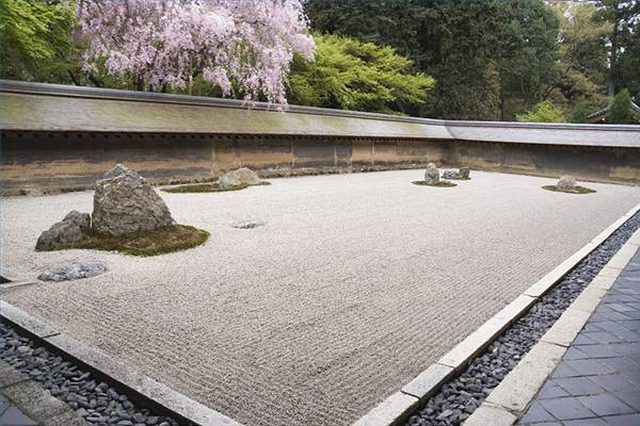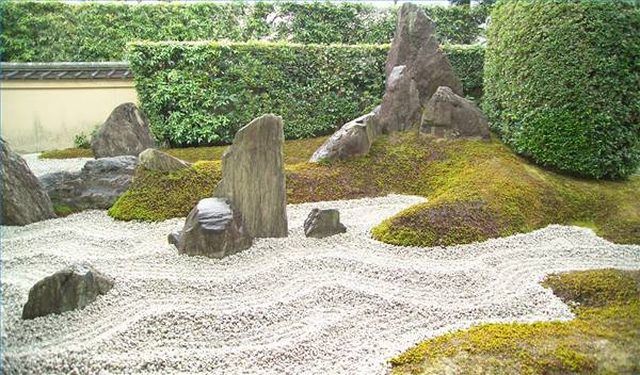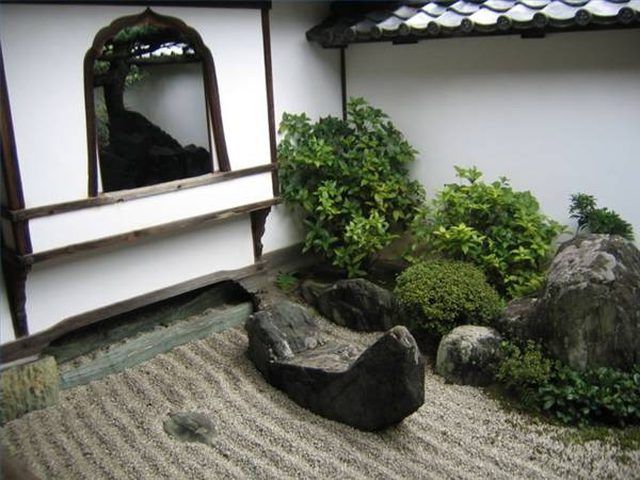Bulbs
Flower Basics
Flower Beds & Specialty Gardens
Flower Garden
Garden Furniture
Garden Gnomes
Garden Seeds
Garden Sheds
Garden Statues
Garden Tools & Supplies
Gardening Basics
Green & Organic
Groundcovers & Vines
Growing Annuals
Growing Basil
Growing Beans
Growing Berries
Growing Blueberries
Growing Cactus
Growing Corn
Growing Cotton
Growing Edibles
Growing Flowers
Growing Garlic
Growing Grapes
Growing Grass
Growing Herbs
Growing Jasmine
Growing Mint
Growing Mushrooms
Orchids
Growing Peanuts
Growing Perennials
Growing Plants
Growing Rosemary
Growing Roses
Growing Strawberries
Growing Sunflowers
Growing Thyme
Growing Tomatoes
Growing Tulips
Growing Vegetables
Herb Basics
Herb Garden
Indoor Growing
Landscaping Basics
Landscaping Patios
Landscaping Plants
Landscaping Shrubs
Landscaping Trees
Landscaping Walks & Pathways
Lawn Basics
Lawn Maintenance
Lawn Mowers
Lawn Ornaments
Lawn Planting
Lawn Tools
Outdoor Growing
Overall Landscape Planning
Pests, Weeds & Problems
Plant Basics
Rock Garden
Rose Garden
Shrubs
Soil
Specialty Gardens
Trees
Vegetable Garden
Yard Maintenance
About Zen Garden Designs
About Zen Garden Designs. Unlike Western gardens that are full of plants and maybe a pathway, Zen gardens are simplistic and reflect Asian philosophies of the Buddhists, Shinto and Zen. Many ancient principles are applied in creating the Zen garden.

Unlike Western gardens that are full of plants and maybe a pathway, Zen gardens are simplistic and reflect Asian philosophies of the Buddhists, Shinto and Zen. Many ancient principles are applied in creating the Zen garden.
Balance
Every Zen garden must have balance. Movement is complemented by stillness. Life is complemented with stone.
Simplicity
Zen gardens are simplistic in their design. A few plants and well-placed stone features are all that are required.
Gravel
The Zen garden contains soil or gravel that is raked into a pattern. This gives the garden movement and can represent water.

Plants
Few plants are required. Cherry trees, Chinese maples, grasses and moss are the most common. Plantings are designed to show the change of the seasons.
Stone
Zen gardens contain stones. Walls, lanterns and stones of varying sizes are used to complement the plant life, as a place to rest or meditate and as a focal point.

Purpose
The Zen garden is a place to reflect and meditate. It's a place to find inner calmness and peace.